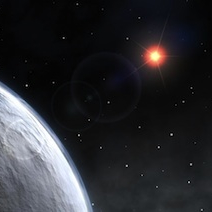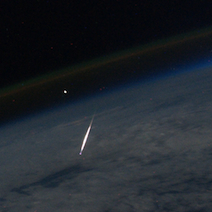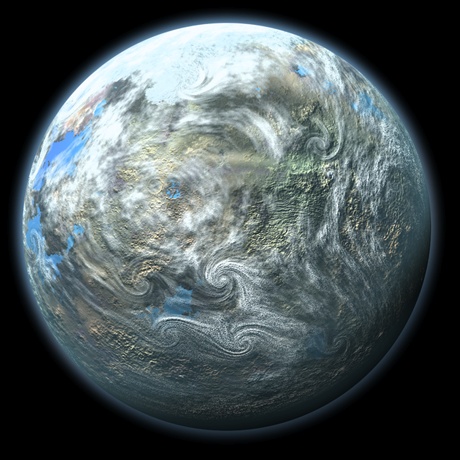The list of other worlds has recently grown bigger: astronomers have announced that they have found 50 more exoplanets, orbiting nearby stars. That’s the largest number of exoplanets ever announced at once.
The team, led by Michel Mayor from University of Geneva, Switzerland, used the HARPS (High Accuracy Radial velocity Planet Searcher) spectrograph on the 3.6-metre telescope at ESO’s La Silla Observatory in Chile. They observed 376 Sun-like stars (stars with a mass, size and temperature similar to that of our Sun), and found that at least 40% of them have at least one planet less massive than Saturn. That number is huge! Taking into account that roughly 10% of the stars in our Milky Way are like our Sun, that literally gives billions of such planets in our galaxy alone!
They also discovered that most of the Neptune-mass planets (as well as less massive planets) appear to be in systems with multiple planets.
Another extremely interesting detail: 16 of these planets are super-Earths, with masses up to 5 times that of our home planet. One of them, called HD 85512 b, is approximately 3.6 times the mass of the Earth, and it happens to be located at the edge of its parent star’s habitable zone (allowing the existence of liquid water on the planet’s surface). Unfortunately, that’s all HARPS can tell about these planets, so it’s impossible to know if these planets have atmospheres, or what their size is. Anyway, this is once again some very exciting news!
In the coming years, new instruments will allow astronomers to push the limits further. Another spectrograph called ESPRESSO (Echelle SPectrograph for Rocky Exoplanet and Stable Spectroscopic Observations) will be much more sensitive than HARPS. In fact, it should be able to detect planets with the mass of Earth around other stars!
About 20 years ago, the only planets we knew of were the ones of our solar system… Today, we have confirmed the existence of 680 exoplanets, dancing around other stars, and it now looks like planets may well be billions in our galaxy. Who knows, someday, we might not even be surprised that the Universe is swarming with life.


